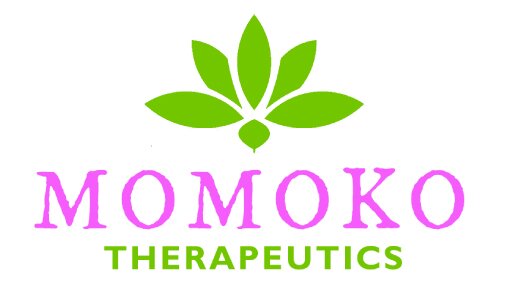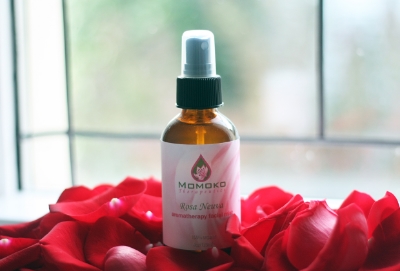However, the essential oil is not the only beneficial product resulting from rose petal distillation. Rosewater, the fragrant by-product (hydrosol) of the distillation, has been revered for its culinary, perfumery, and medicinal benefits since ancient times. Its discovery traces back to Persia in the 10th century (Adamson, 2004), soon spreading throughout the rest of the Ottoman Empire. Roses have as long of a history of admiration in ancient civilizations, just as they do today, with roses figuring heavily in Roman and Egyptians mythological and artistic representations, typically as offering to various goddesses (Iles, 2004), and used in fragrant perfumes and unguents. Rose water was a pervasive every day item for many Islamic-influenced regions; it was used for cooking, in such dishes as Khushkananaj, a pastry that was filled with almonds, sugar, and rosewater (Friedman and Cook, 1988); in religious ceremonies and ritual purification of holy spaces, as exemplified by the Hagia Sophia’s cleansing following initial construction with rose water; in bathes, perfumes, fragrant washes, and exchanged as customary gifts, in beautiful specially made glass bottles called, gub.
Like most exotic ingredients, rosewater was imported throughout Europe via Spain, and became popular in Arabic-inspired dishes and as fragrant waters. Soon, it was used by medieval physicians as a means to strengthen and fortify the senses, for heart ailments (Adamson, 2004), and as a treatment for depression. It became very popular during the Napoleonic and Victorian eras, with many different companies utilizing rosewater as a key ingredient in their various skin lotions and in fragrance splashes.
Some of the amazing skincare properties of rosewater include:
- naturally antiseptic
- suited for all skincare types
- balances the pH of the surface of the skin
- reduces redness and visible unsightly veins
- soothes irritated, sunburned, or acne-prone skin
- nourishes and moisturizes aging or dry skin
- stimulates collagen repair to decrease the appearance of wrinkles
Aromatherapy Facial Mist
One of our new products, Rosa Neuva Aromatherapy Facial Mist, contains organic rosewater (rose hydrosol) an absolutely pure aromatic water that is a secondary end product after the distillation of essential oils. Hydrosols are milder than essential oils, yet are still fragrant and contain the critical chemical components of essential oils, making them an excellent therapeutic alternative. In addition to rose hydrosol, Rosa Neuva conains pure witch hazel hydrosol, one of the best antiseptic, anti-inflammatory and antioxidant hydrosols available. Most commercially available witch hazels are composed of high volumes of alcohol and synthetic preservatives, which can be very drying to the skin. The inclusion of hyaluronic acid, with its absolutely superior moisture retaining properties, and a variety of skin specific organic essential oils make this Aromatherapy Facial Mist superior to most other comparable brands on the market. Your skin will feel refreshed, rejuvenated, and better than ever!
Use our Aromatherapy Facial Mist as a nightly toner, to moisturize and refresh your face throughout the day, or as a way to set/soften makeup. They even be sprayed on linens or the air to impart a lovely aroma. Or use them whenever you need an emotional pick-me-up. The possibilities are limitless!









